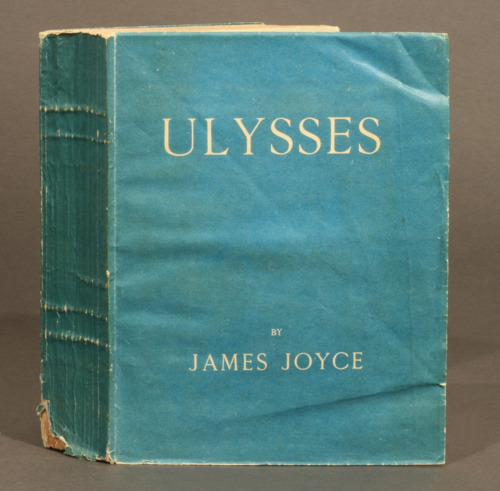 SAILING WITHOUT AHAB: AN ECO-POETIC VOYAGE – PART TWO
SAILING WITHOUT AHAB: AN ECO-POETIC VOYAGE – PART TWO
ECOCRITICISM NOW: The essays, reviews, and poetry collected in this thread trace responses to the interlinked terms nature, ecology, and ecocriticism, all of which have come to occupy increasingly important roles in a number of everyday and academic discourses over the last few decades. The “now” of its title is therefore not only a mark of the interest of certain contributions in the development of ecocritical theory (ecocriticism at this moment in time), but also an injunction, a call for more. This thread is co-edited by Tom White.
By Steve Mentz
What would happen if the Pequod’s American voyage steered its course onto the Word Ocean without anyone at the helm? What if the ship’s glorious plurality – multiracial, visionary, queer, conflicted, polyphonic, playful, and violent – sailed without its domineering Captain? Instead of binding themselves to the dismasted tyrant’s rage, the ship’s crew would seek only what it would find: currents teeming with life, a blue-watered alien globe, toothy smiles cetaceans bring back from vasty deeps. Treasures await those who sail without Ahab.
This planned cycle of 135 poems – one for each chapter in Moby-Dick – launches into oceanic chaos without the stabilizing mad focus of the Nantucket captain. Guided by Ishmael’s waywardness and curiosity, these poems seek an alien ecopoetics of marine depths, the refraction of light, the taste of salt on skin.
106: Ahab’s Leg
Glass Foot
Not transparent to see through but fragile. Light-latticed.
About to fracture. It strains its way beneath you, bending
And then turning abruptly, sliding on wet snow –
Woomph –
And down you go.
What is it like to live with a glass foot?
Too much of feeling hast thou, wet Ophelia.
Too jagged the edges of tide press the sand down,
Until a blaze of red transfigures sky and sense,
And with too much heaviness you fall.
To be a foot among the bottles!
Free and unremarkable, surrounded by excess, by broken things,
By light that bends and scatters and screams.
On sand that’s not yet glass and leather that never will be
Circumambulating you labor across a landscape outside of a city.
Each step a bitter flame and movement.
On this beach being seen through means just seeing.
Not breaking.
42: The Whiteness of the Whale
Great White Evil God
With appalling echoes and Persian fires
He breaches like gunpowder flashing and blinding –
“Not so much a color as the visible absence of color” –
Until like atheism or milk left too long on a sunny countertop
A thing that until now you could never categorize becomes
All you can see.
Great White Evil God names the prime agent
Indefinite as pain
That markless marks our world.
Now hidden in depths, invisible, White, vanishing –
He’s not in the waters but is the Sea –
Great White Evil God is swimming toward your body
Hungering for what lies at the surface.
Would that we could smite Him!
It would be worth soiling the hand that clutches the harpoon
To cast at that infinity
And wound Great White Evil God’s body.
But it’s not to be. He’s omnipresent as air,
Heat-trapping as carbon, material as dust, soil, water, spirit.
No sharp tools can prick that flesh.
What does He say to us?
Great White Evil God speaks catastrophes not clauses,
He sings into storms, warbles out waves
That surge away all dryness.
In dreams I hear Him and decipher melodies,
And always I wake wet
With shivering skin.
All works published by the Glasgow Review of Books are licensed under a Creative Commons Attribution-NonCommerical-NoDerivs 3.0 Unported License and the journal reserves the right to be named as place of first publication in any citation. Copyright remains with the poet. http://www.glasgowreviewofbooks.com
 I have been listening to Rachel Carson’s narration of the coastal Atlantic ecosystem this afternoon while driving back to my parents’ house near Jacksonville from
I have been listening to Rachel Carson’s narration of the coastal Atlantic ecosystem this afternoon while driving back to my parents’ house near Jacksonville from 